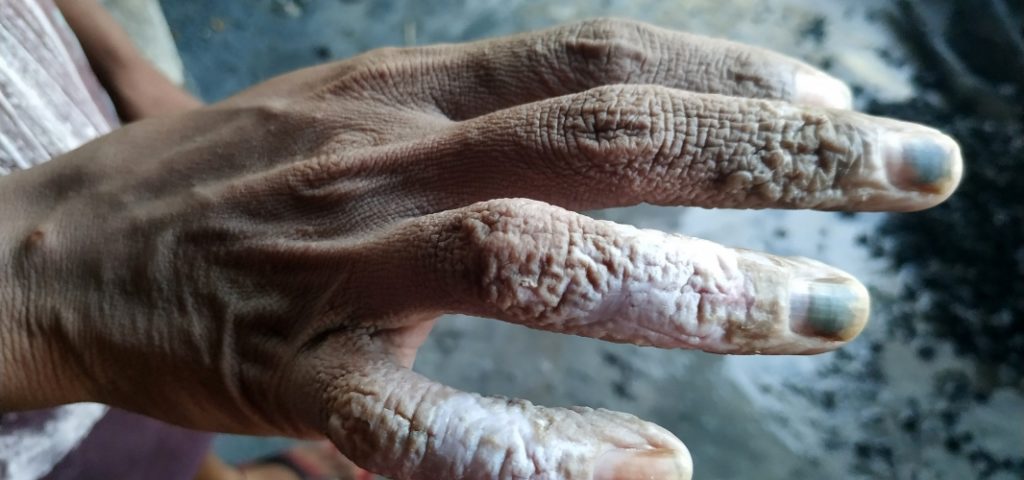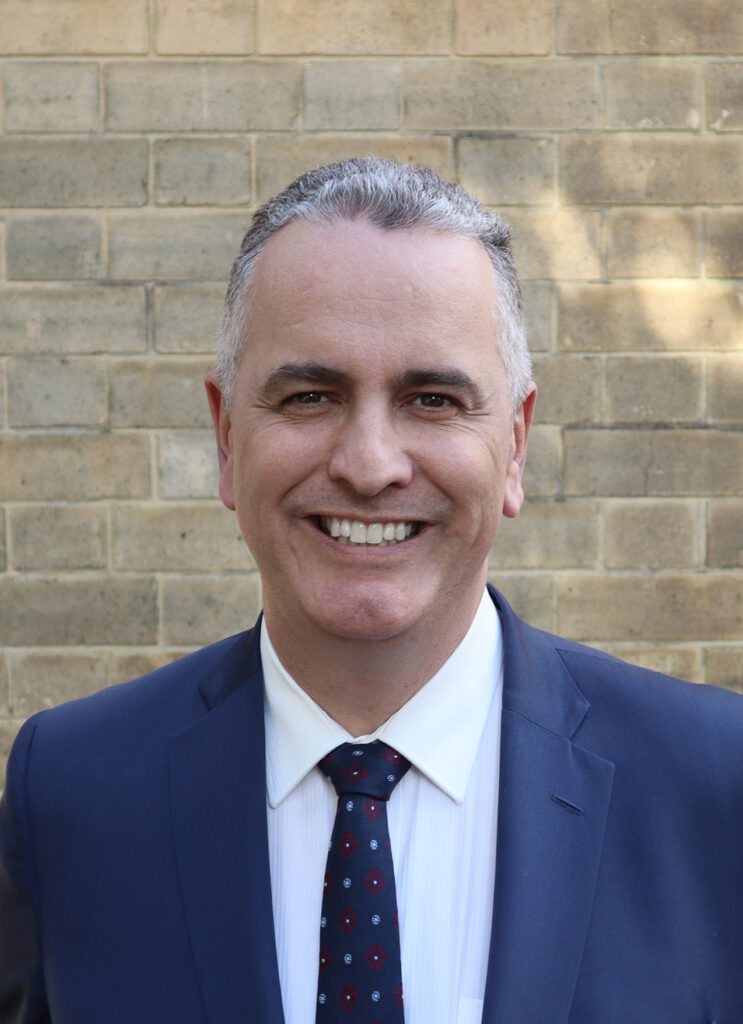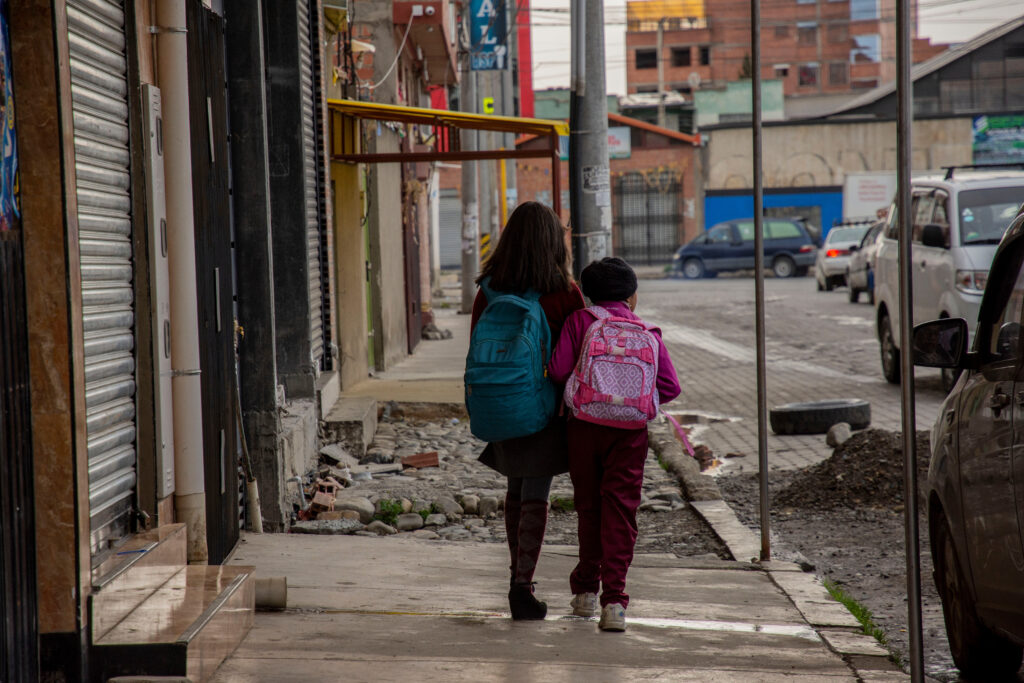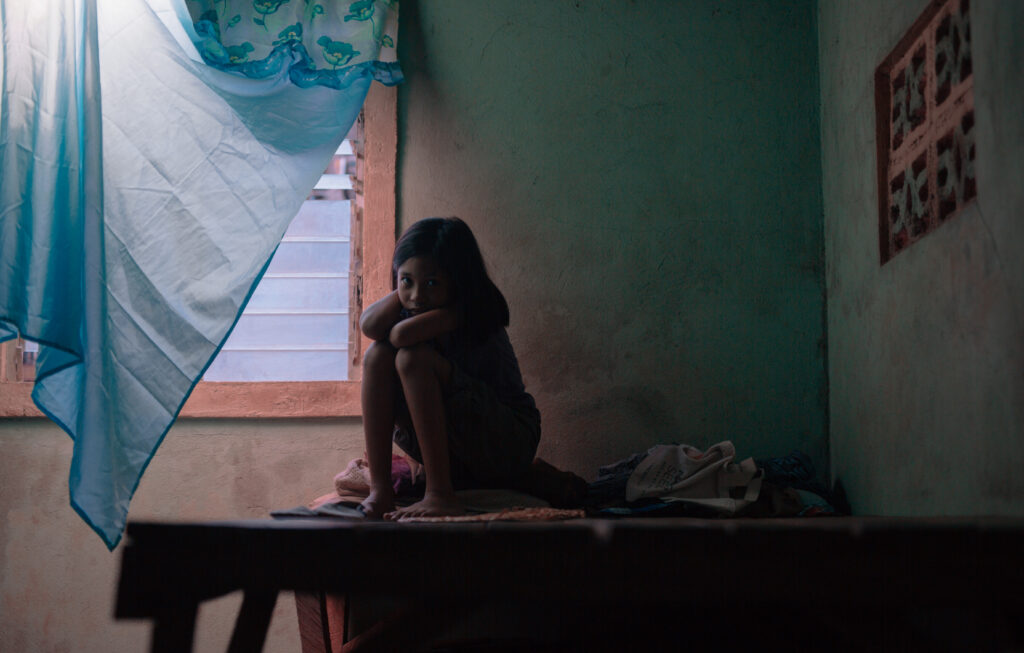
IJM assisted local authorities in rescuing six adult labourers and a 4-year-old boy from years of bonded labour slavery, where they faced near-constant abuse in order to make silk thread.
Four adult men and two pregnant women were forced to work at this silkworm farm (also called sericulture) for up to 8 years in poor conditions. The owner had given them advanced payments of 50,000 to 180,000 rupees to work there (about A$1,000–3,750), but then manipulated these debts so the labourers could never repay them and leave.
Every day, the women and men toiled from 7:30 a.m. to 4:00 p.m., harvesting fibres from silkworms and spinning them into thread using large, dangerous machinery.
Men and women alike faced constant verbal and physical abuse, and several had also developed painful skin allergies due to the chemicals and constant moisture (see header photo).
After learning about these conditions, IJM referred the case to the district’s Assistant Commissioner, who assembled a rescue team of police officers, social workers, representatives from the Labour Department and other agencies. They arrived at the facility on 30 September 2019, to confirm the victims’ experiences, then brought them to safety at a government office for their official statements and aftercare.
Officials were especially compelled by the testimony of the 4-year-old boy, who cannot speak due to a tongue injury but used sign language to tell them how his parents were kicked and strangled by the owner. Authorities took the farm owner into custody on the day of rescue and have filed a case under India’s laws against bonded labour slavery and physical assault.
To date, the government has provided immediate crisis care and protection for the survivors, including medical check-ups to address their urgent injuries and Release Certificates, which break the false debts they “owed” the farm owner.
The survivors rested temporarily at a government-run hostel in the area and then were brought back to their home villages to begin their journey of rehabilitation.
Read more stories like this here.




